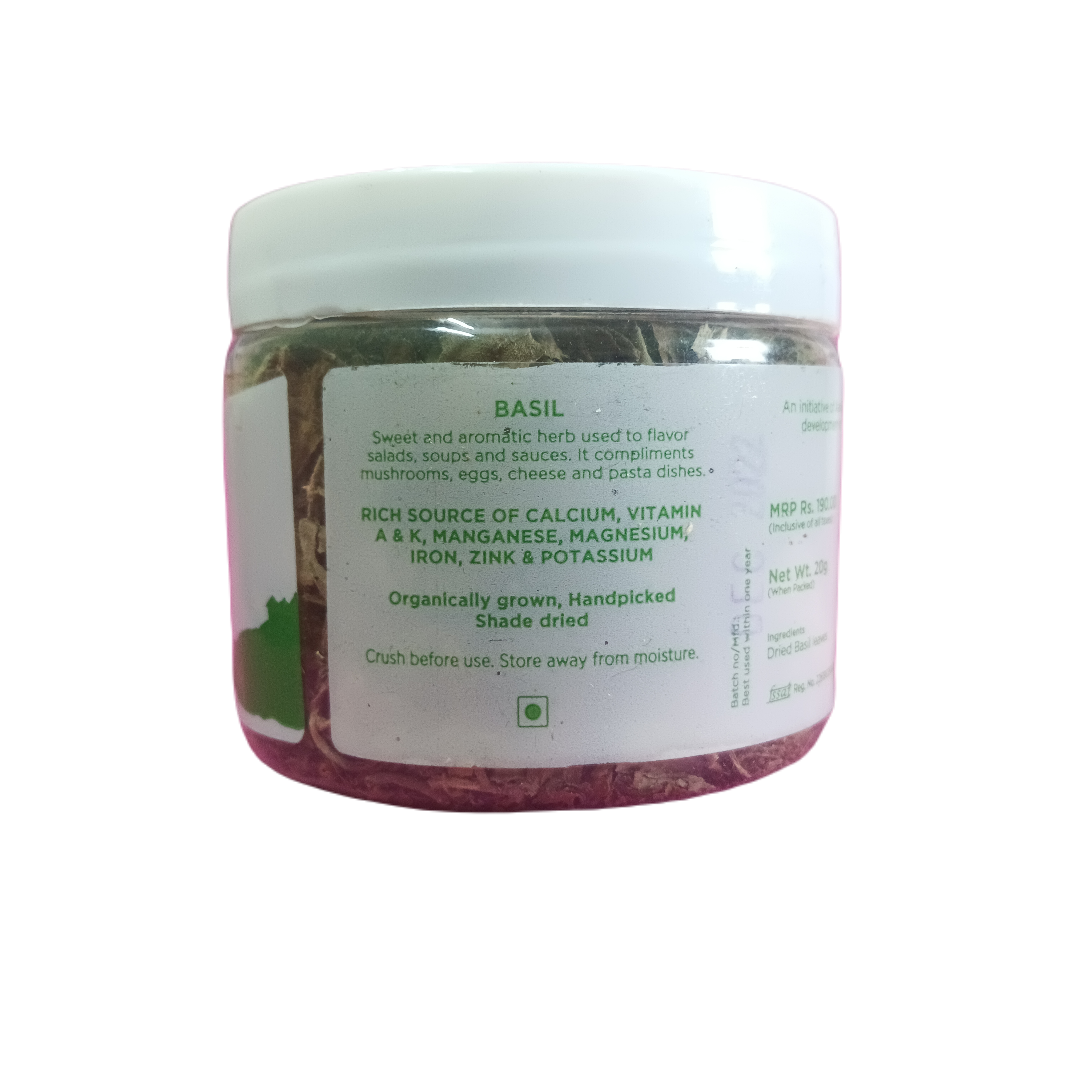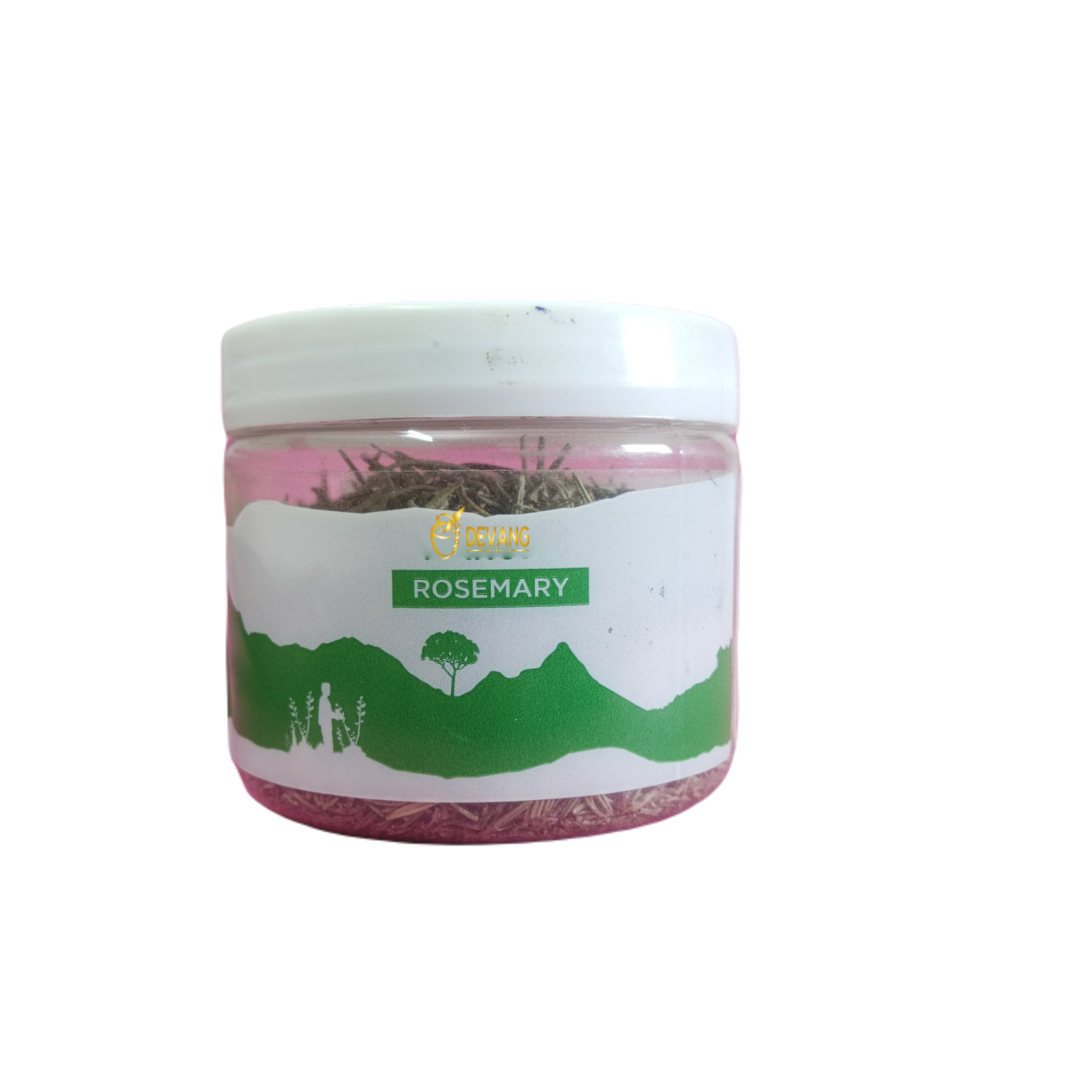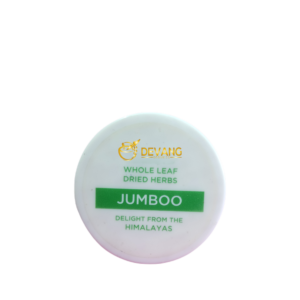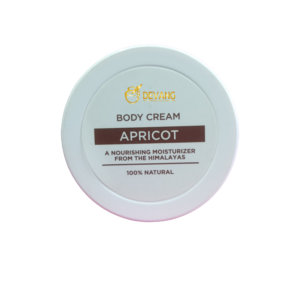Introduction
Rosemary (Rosmarinus officinalis) is a fragrant evergreen herb native to the Mediterranean region. Known for its culinary, medicinal, and therapeutic properties, rosemary has been cherished for centuries as a versatile and powerful natural remedy. Whether used in the kitchen or as a wellness booster, rosemary stands out as a true herb of distinction.
Key Features
Botanical Name: Rosmarinus officinalis
Common Names: Compass plant, polar plant
Origin: Mediterranean region, now grown worldwide
Appearance: Needle-like leaves with a woody stem and purple, blue, or white flowers
Nutritional Profile
Rosemary is rich in essential nutrients and bioactive compounds, including:
Vitamins: A, C, and B6 for overall health and skin rejuvenation.
Minerals: Calcium, iron, and magnesium for strong bones and energy.
Antioxidants: Rosmarinic acid and caffeic acid combat oxidative stress.
Health Benefits
Improves Memory and Focus
Rosemary contains compounds that enhance cognitive function and concentration.
Promotes mental clarity and reduces fatigue.
Supports Hair Growth
Stimulates blood circulation in the scalp, encouraging hair growth.
Helps reduce dandruff and strengthen hair follicles.
Boosts Immunity
Its antioxidant properties protect the body against free radicals.
Supports the immune system in fighting off infections.
Aids Digestion
Improves digestive health by reducing bloating and gas.
Helps prevent indigestion and supports gut health.
Anti-inflammatory and Pain Relief
Reduces inflammation in muscles and joints.
Provides relief for headaches and minor pains.
Improves Skin Health
Fights acne-causing bacteria and soothes irritated skin.
Promotes a radiant and youthful complexion.
Culinary Uses
Rosemary is a favorite herb in Mediterranean cuisine:
Flavor Enhancer: Adds a savory touch to meats, soups, and roasted vegetables.
Infused Oils: Rosemary-infused olive oil enhances dressings and marinades.
Therapeutic Applications
Aromatherapy: Known for its stress-relieving and uplifting aroma.
Essential Oil: Widely used for massages and as an ingredient in skincare and haircare products.
How to Use Rosemary
Tea: Brew fresh or dried rosemary leaves in hot water for a calming tea.
Hair Rinse: Boil rosemary in water and use it as a final rinse for hair.
Skincare: Add rosemary oil to moisturizers or use in DIY face masks.
Cooking: Use fresh or dried rosemary to enhance your favorite recipes.
Caution
Pregnant or breastfeeding women should consult a healthcare provider before using rosemary in medicinal amounts.
Avoid excessive consumption, as it may lead to mild side effects like upset stomach or dizziness.
Why Choose Rosemary Herb?
Rosemary is more than just a kitchen staple—it’s a versatile herb with incredible health, beauty, and culinary benefits. Its natural compounds offer a perfect blend of wellness and flavor, making it an indispensable part of a healthy lifestyle.
Explore the Benefits of Rosemary
Rediscover the essence of natural living with rosemary. Elevate your health, enhance your beauty, and savor its aromatic touch today!








Reviews
There are no reviews yet.